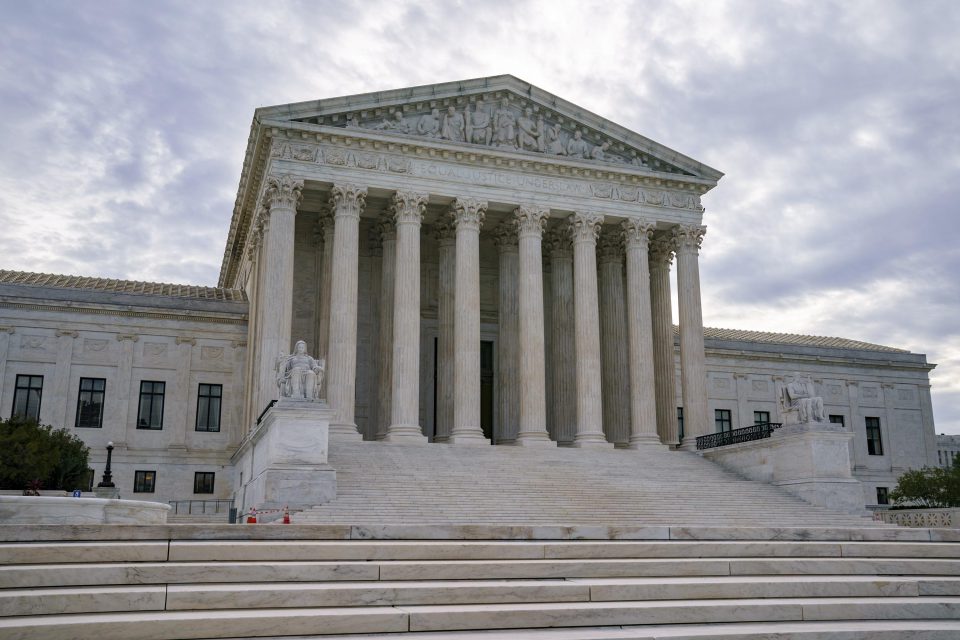US Supreme Court Halts Venezuelan Deportations as Justice Alito Slams Midnight Order
In a dramatic and controversial late-night move, the United States Supreme Court temporarily blocked the deportation of a group of Venezuelan immigrants detained in Texas, triggering a strong dissent from conservative Justice Samuel Alito. The court’s emergency order, issued without a detailed explanation, directed the Trump administration not to deport the Venezuelans held at the Bluebonnet Detention Center “until further order of this court.” This order was backed by seven of the nine justices on the bench, with only Justices Alito and Clarence Thomas dissenting.
Justice Alito’s dissenting opinion expressed serious concerns about the procedural handling of the case. He criticized the court for acting “literally in the middle of the night” and described the relief granted as “unprecedented and legally questionable.” His dissent noted that the decision came within just eight hours of receiving the application and without hearing from the opposing party—the federal government. Alito stressed that only documents from the applicants, represented by the American Civil Liberties Union (ACLU), had been reviewed, and there had been no response or factual counter from the government at any level of the judiciary.
The ACLU had filed an emergency appeal, asserting that immigration authorities were preparing to deport the detained Venezuelans under the rarely used Alien Enemies Act of 1798, a law that has only been invoked three times in U.S. history, the last being during World War II. The civil rights organization claimed that Venezuelan detainees were being wrongfully labeled as members of the “Tren de Aragua” gang—an allegation that could expose them to expedited deportation without due legal process.
Justice Alito, however, remained skeptical of the claims presented by the ACLU. He pointed out that the applicants offered “little concrete support” to prove they were in imminent danger of removal. Moreover, he cited a statement made by a government attorney in a separate court hearing, who confirmed that no deportations were planned for the days immediately following the court’s intervention. This, Alito argued, further weakened the urgency claimed in the emergency application.
Adding to his critique, Alito highlighted the lack of jurisdiction, stating that not all legal avenues had been exhausted in the lower courts. He emphasized that the Supreme Court had not had the opportunity to review the government’s position or benefit from lower court rulings before issuing such a significant order. He warned that this hasty action undermines judicial standards and blurs the separation of powers between the judiciary and the executive.
Despite Alito’s concerns, the majority of the justices sided with the ACLU, favoring a temporary pause in deportations until the detainees could be given a fair chance to challenge their removal in court. Although the majority did not issue a detailed rationale, this ruling underscores the Court’s broader commitment to upholding procedural justice, especially in matters involving potential human rights violations and historical laws like the Alien Enemies Act.
The ongoing legal battle brings attention to how historic laws, rarely used in modern times, are being revisited in today’s immigration context. It also sparks debate over the balance between national security, due process, and individual rights under immigration law in the United States.
For more updates and in-depth video coverage on this issue, visit our YouTube channel THE OLIGO.

